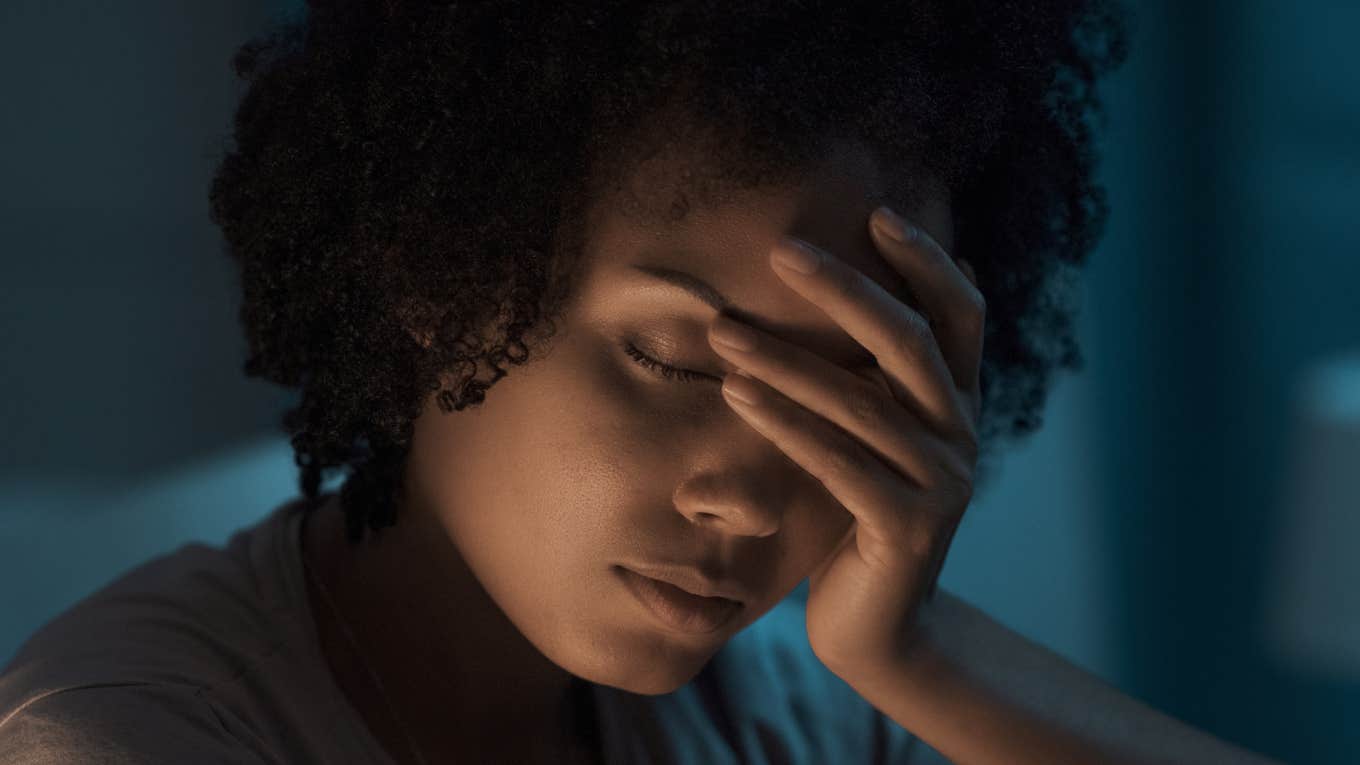Why Your Brain Loves To Panic At 3 AM — And How To Shut It Down, Explains Longevity Doctor
The science behind your restless nights and how to reclaim peace.
 demaerre | Canva
demaerre | Canva “The night is dark and full of worries.” It always starts the same way. A small crack in the stillness. You open your eyes, and the ceiling stares back, blank and quiet.
The hum of the refrigerator, distant traffic, the ghost of yesterday — all waiting in the corners of your mind. It’s 3:14 a.m. Too late to still call it night. Too early to call it morning.
Nothing has happened, yet everything feels slightly off-balance. No sudden noise. No violent dream. Just the quiet fact of being awake when you shouldn’t be, as if your mind wandered out of a dream and forgot to bring your body along.
I’ve been waking at 3 a.m. for years. Some nights, it’s a passing moment, gone before I’ve found the clock. Other nights, my mind fills with patient stories, unfinished essays, or a single, stubborn worry I didn’t know I was carrying.
Once, I spent a full hour wondering whether I’d locked the clinic door. (I had.) It took me longer than I’d like to admit to realize I wasn’t alone in this.
Later, I’d learn that millions of people wake up like this, and that maybe it’s not the world that's strange at 3 a.m. Maybe it’s us instead.
Why your brain loves to panic at 3 a.m. and how to shut it down
 chayapat karnnet / Shutterstock
chayapat karnnet / Shutterstock
Our sleep is not a straight road, but a circle we trace again and again — light sleep, deep sleep, REM, and back to the surface. Each loop takes about 90 to 120 minutes, and by 3 a.m., most of us are nearing the end of our second lap.
It’s normal to drift upward for a moment. But modern life makes that surface thin.
Stress hormones, such as cortisol, often slip through the cracks. Stirring the quiet. The noise of the day follows us into the dark.
Why waking at 3 A.M. feels worse than 3 P.M.
If your brain feels broken at 3 a.m., you’re not alone. Your daytime brain solves puzzles. Your night brain sits alone in a quiet room and imagines monsters.
The rational part sleeps lightly. The emotional part roams freely.
At 3 p.m., you send an email. At 3 a.m., you rehearse an argument that never happened. Because your mind in darkness runs on memory and cortisol, not clarity.
What science recommends you do and don't do if you keep waking at 3 am
Don’t:
- Check your phone. The light sharpens your wakefulness.
- Scroll your inbox. Those worries can wait.
- Rewind the past 24 hours on an endless loop.
Do:
- Slow your breath. Inhale for 4 seconds, exhale for 6.
- Notice your body. The shape of your shoulder, the weight of your blanket.
- Try a quiet count or a body scan.
- If you’re still awake after 20 minutes:
Rise gently. Read a few pages of something familiar. Stretch your arms. Wait for sleep to find you again.
The surprising truth about 3 A.M. panicked thoughts
Nothing important gets solved at 3 a.m. However, many insignificant things seem enormous there.
And at night, everything distorts. Your mind spins without friction. Remember this the next time your worries take shape: “These thoughts are weather, not facts.”
Long before artificial lights stretched our nights thin, waking at 3 a.m. wasn’t unusual. It was expected. People spoke of “first sleep” and “second sleep,” separated by a quiet hour of wakefulness.
They tended the fire. Spoke softly. Reflected. And drifted back to sleep. Perhaps this hour was meant for quiet company with ourselves. Not a battle.
Waking at 3 a.m. doesn’t mean you’re broken. It means you’re human. But what you do next matters.
Don’t fight the night. Notice it. Name it. Let it pass. And maybe, just maybe, you’ll wake again at 7, the morning sun spilling across your pillow, wondering what all the fuss was about.
Dr. Michael Hunter has degrees from Harvard, Yale, and the University of Pennsylvania. He is the author of the ebook: Extending Life and Healthspan.

